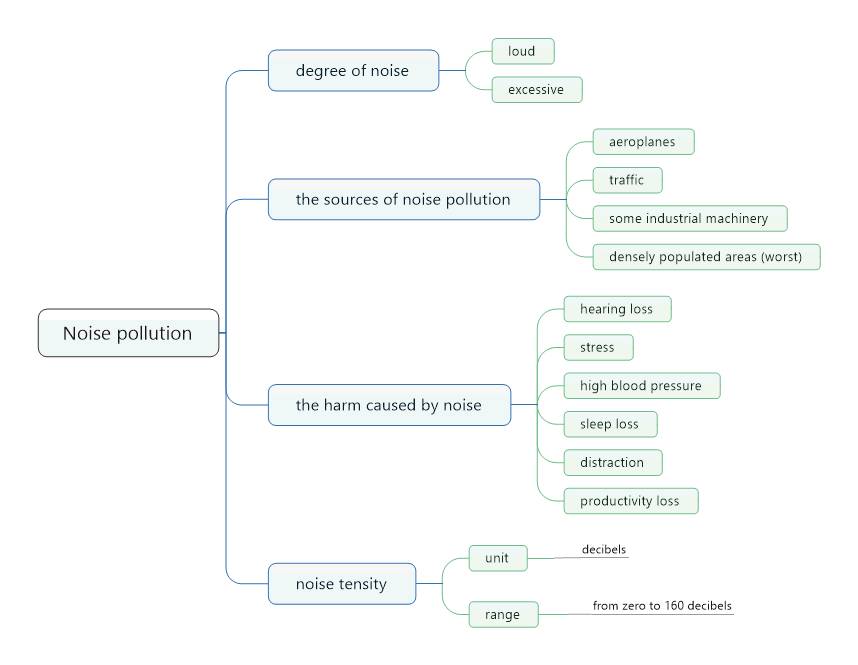
注:文本及音频选自《新托福iBT词汇分类突破》Unit170;单词释义主要来自《美国传统词典》。

Noise is considered a form of pollution, especially when it is loud, and excessive , as produced by aeroplanes, traffic, and some industrial machinery. Noise pollution can cause hearing loss, stress, high blood pressure, sleep loss, distraction, and productivity loss. Measured in decibels, noise intensity ranges from zero, the quietest sound the human ear can detect, to over 160 decibels, but noise pollution is often at its worst in densely populated areas.
?machinery: Machines or machine parts considered as a group.
机器:机器或机器零件的总称
?distraction: The act of distracting or the condition of being distracted.
思想不集中,分心:注意力分散的行为或状态
?productivity?prō-d?k-?ti-v?-tē, ?prä-, pr?-?d?k-: the rate at which goods are produced, and the amount produced, especially in relation to the work, time, and money needed to produce them生产率,生产效率; 生产量,生产力
?decibel?de-s?-?bel, -b?l: A unit used to express relative difference in power or intensity, usually between two acoustic or electric signals, equal to ten times the common logarithm of the ratio of the two levels.
分贝:通常表示两个声音信号或电力信号在功率或强度方面的相对差别的单位,相当于两个水平的比率的常用对数的十倍
?intensity: The amount or degree of strength of electricity, light, heat, or sound per unit area or volume.
强度程度:单位电、光、热或声的强度的量或程度
?range: To vary within specified limits:
在…范围内变动:在某一特定的范围内变化
?detect: If you detect something, you notice it or sense it, even though it is not very obvious. 觉察;发觉
?densely populated areas: 人群密集区域


 )
)





























我来说两句排行榜